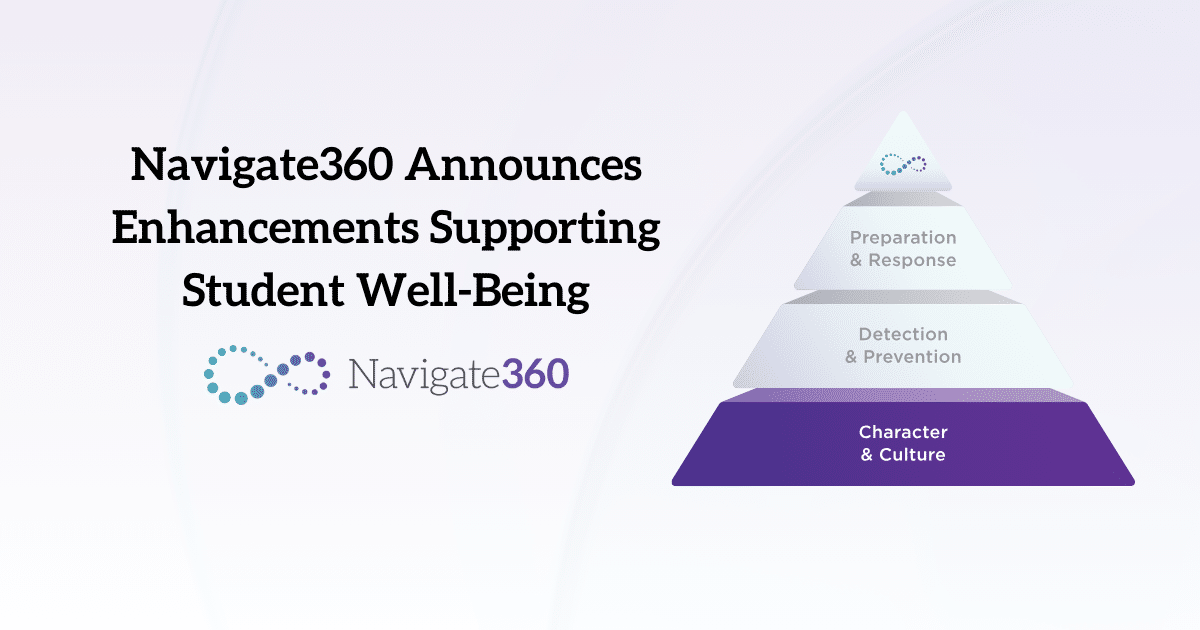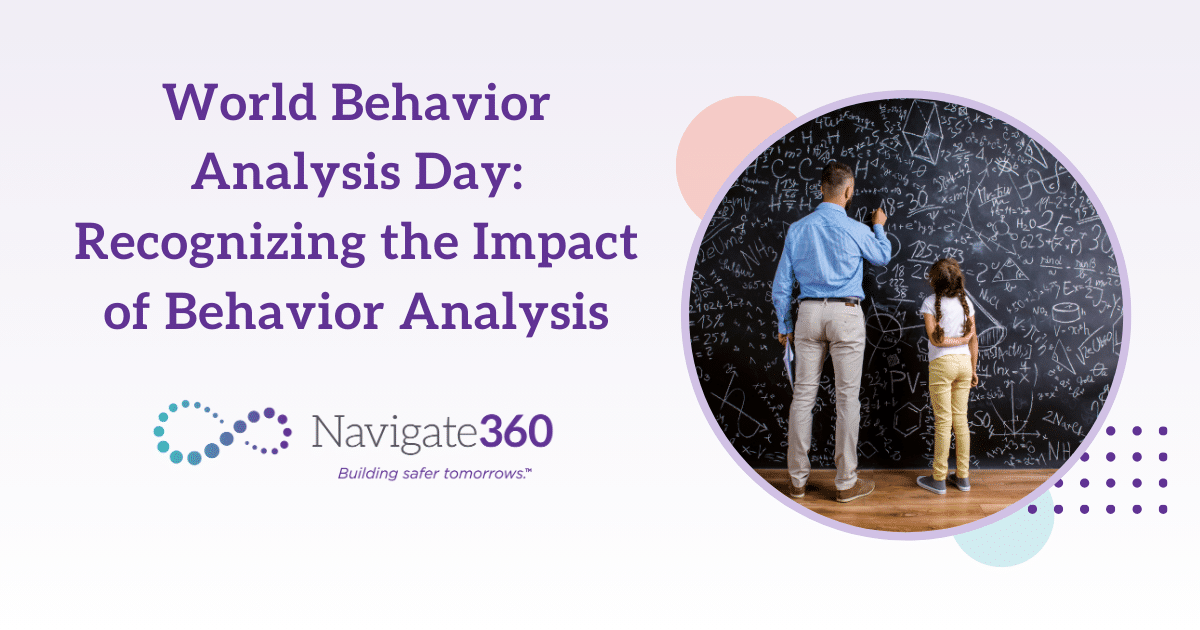The Power of Connection
At their core, students want to feel connection – connection with their peers as well as their teachers. This connection helps them to form bonds of trust, encourages them to persist when they struggle, and puts them on a path toward greater success.
Thre are many ways you can encourage this connection within the classroom environment. Every activity, every lesson plan, every conversation has the potential for fostering connection.
Connection Begins With Clear Communication
Much like the game of “Telephone,” messages can get altered over the course of time as information is relayed from one person to another. Choose clear communication as your foundation for connecting with students. Classroom rules and goals, reflected in your classroom matrix, are a good start. Taking the time at the beginning of the year to review this matrix can establish guidelines for positivity in the coming weeks. Using recognition to reinforce the ideals outlined in your matrix can help to build positive behavior, create positive habits, and develop a common language around positivity.
As you move through the school year together, you may need to revisit your matrix from time to time. It’s important to meet students where they are, especially if circumstances have changed, either in the classroom or in their personal lives. When students understand that you genuinely care, beyond academics, the connections you’ve built with them become stronger.
The Ripples of Positive Teacher-Student Relationships
As the leader of your classroom, you set the tone for all interactions. Establishing positive relationships with your students can help them to form positive connections with their peers, which helps in mitigating bullying behaviors. These positive peer connections can create a classroom environment in which every student feels valued and accepted, impacting academic performance. You will find that your students will follow your lead in showing one another empathy, positivity, and cooperation.
Not only do positive teacher-student relationships contribute to improved academic performance, but they also help meet students’ developmental, social, and emotional needs. Research suggests that students who connect with at least one trusted adult in school are more resilient and have a stronger sense of well-being. When students feel supported and socially and emotionally safe in the classroom, they can grow in every way.
Learn More About Building Solid Relationships With Your Students
Positive teacher-student relationships matter! These relationships can:
- Improve school culture
- Improve classroom management
- Create greater student success
- Improve behavior
- And more!
Get Your Free eBook!
We do a deep dive into these important outcomes in our newest eBook: Building Solid Relationships With PBIS & PBIS Rewards. Download it for FREE and start building positive relationships with your students!




